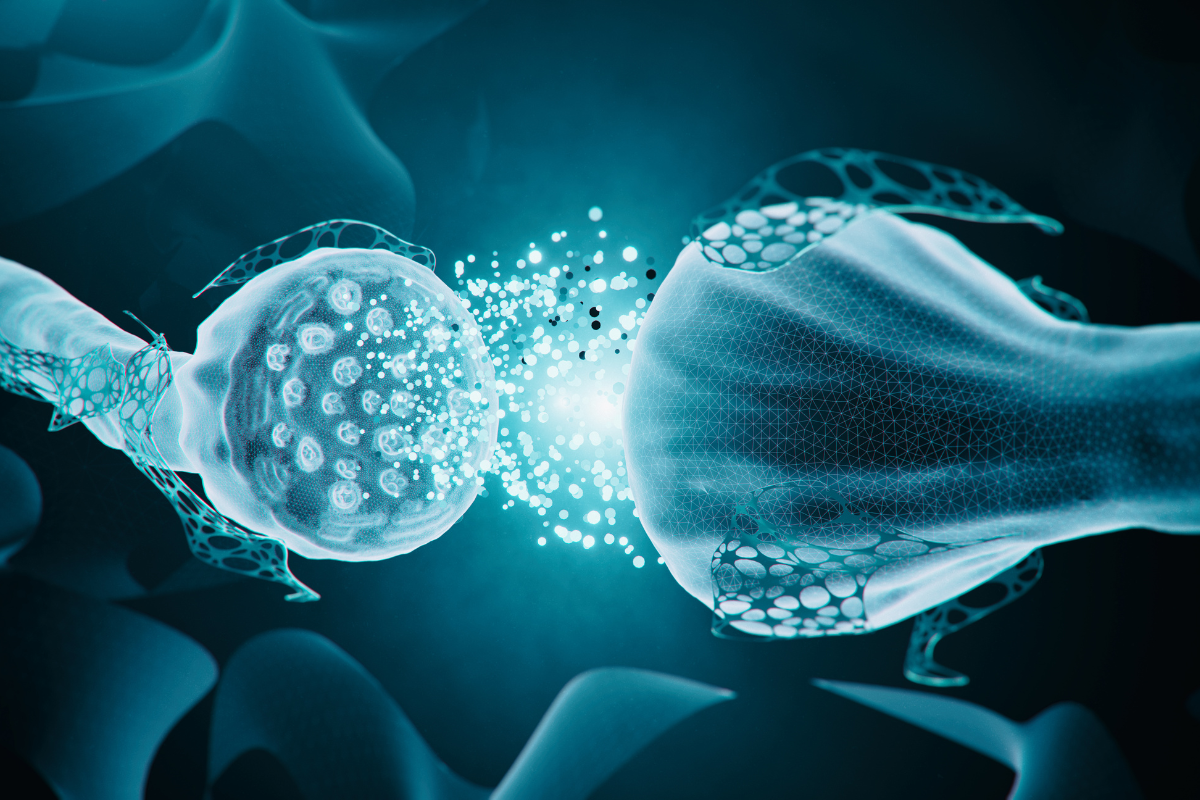GABA (gamma-aminobutyric acid)

GABA (gamma-aminobutyric acid)
Gamma aminobutyric acid (GABA) is a naturally occurring amino acid that acts as a neurotransmitter in the brain.
Gamma-aminobutyric acid (GABA) is an amino acid that reduces the activity of brain cells. In this way, GABA helps keep the brain from becoming overwhelmed and is essential for brain health and function.
GABA belongs to a class of chemicals called neurotransmitters. Neurotransmitters facilitate communication between brain cells. Some neurotransmitters increase brain activity, while others inhibit it. In the human brain, GABA is an important inhibitory neurotransmitter.
This neurotransmitter is made inside certain parts of the brain. GABA is created through the synthesis of another neurotransmitter called glutamate. After being produced, GABA activates specific receptors in the brain.
Some prescription drugs work by activating GABA receptors. GABA receptors are proteins on a cell that react when GABA is released in the body. Medicines that activate GABA receptors include, for example, sleep aids.
GABA is also found naturally in many types of foods, including tomatoes, soybeans and some teas, beans and fermented foods. GABA is also found as a food additive in some products and dietary supplements.
- Tags: GABA





